Beyond the Laughing Sky (9 page)
Read Beyond the Laughing Sky Online
Authors: Michelle Cuevas

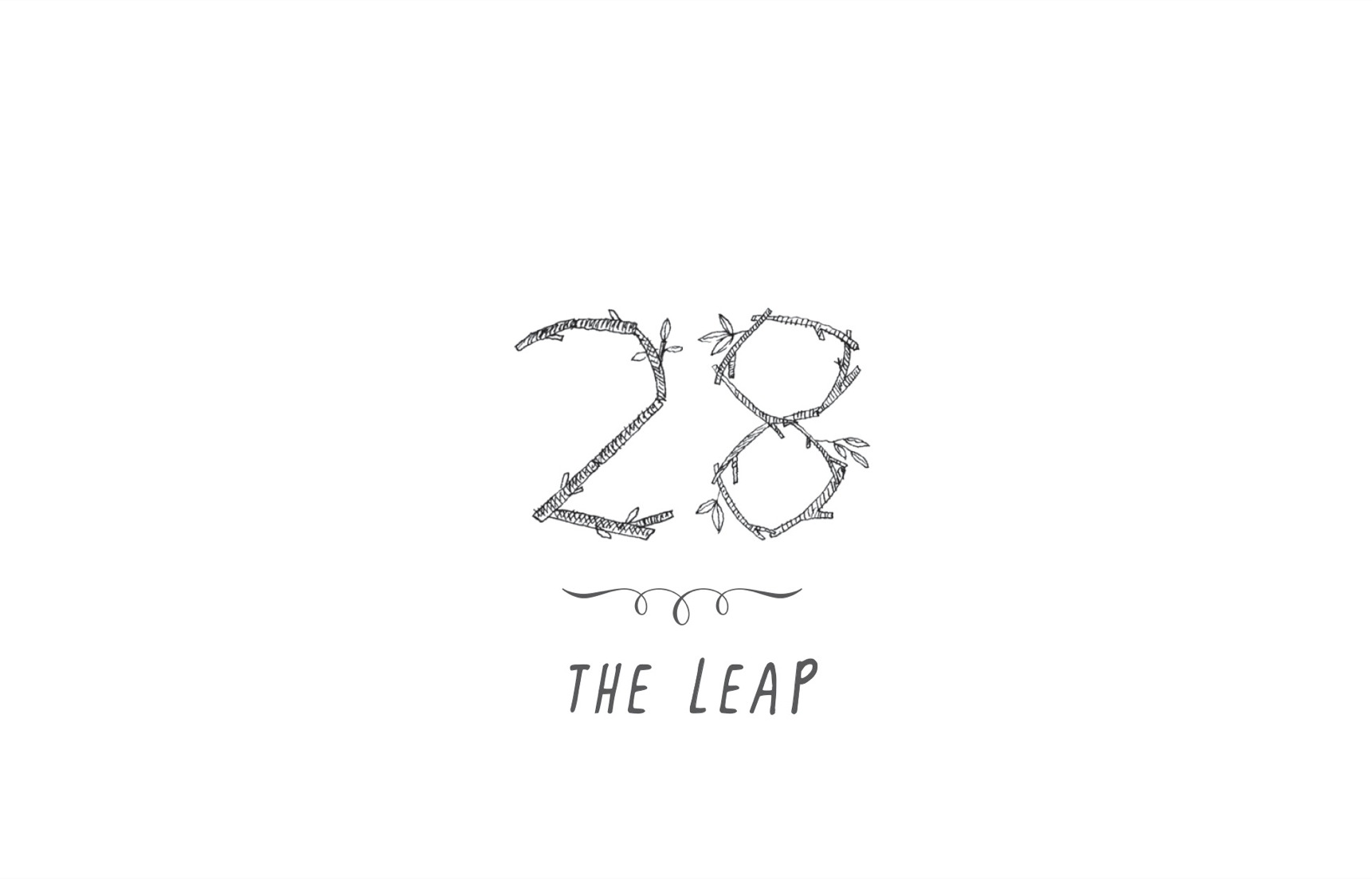
A
nd so, with the first golden glow of sunlight rising over the hills, Nashville glided to a distant treetop. There, in the pine bough, he was out of sight of his family, and able to gather his thoughts.
“On the one hand,” Nashville said to himself, “I'll start really flying. Not just floating, but also flapping. On the other hand . . .”
If a scientist could have taken a microscopic cross-section of Nashville's heart at that moment, this is what they would have seen: a map of the sky. A map that had been folded and refolded too many times, like an overdreamed dream, the crease lines becoming soft and fuzzy. The arrow on the map's compass only pointed one way, and that way was the sky.
“Be brave,” Nashville said to himself. “Be brave.”
And then, to his surprise and delight, he glided on an updraft high, high into the sky.
“I'm doing it,” he said, quite shocked. “I'm really flying.”
He continued to glide, over the hill and pecan tree, circling like a bird, like a moon orbiting the only home he'd ever known.
A lullaby of clouds encircled Nashville and floated him like a ball across the syllables of a sing-along song in the sky. He tried to think how he'd describe it all to Junebugâpiercing the wind and touching nothing but air was like swimming, but not quite. Like freefalling on a roller coaster. But not quite.
Nashville finally began to flap the wings, and that worked as well. He changed direction, and flew over the entire town.
Nashville circled the school, but the school yard was quiet and empty, and he knew they would all be having reading lessons that time of day. He saw all the balls, Frisbees, and toys on the roof. He dipped low, kicking the balls and throwing toys down to the ground, wondering what all his classmates would think if they could see him now. He pictured Miss Starling's smile, and his whole class whooping and clapping for him. He pictured Finnes Fowl in his shorts, shouting “Way to go, little guy.”
Nashville felt it allâthe singing of the seasons, the warmth of wind, the sailing of ships, the migration of birds, and the simple, perfect smell of the ground after rain. He felt that there was nothing under his skin but light, and were he to ever fall to the ground, he would merely shine.
He felt all these wonderful things until he heard the worst soundâthe sound of something breaking.
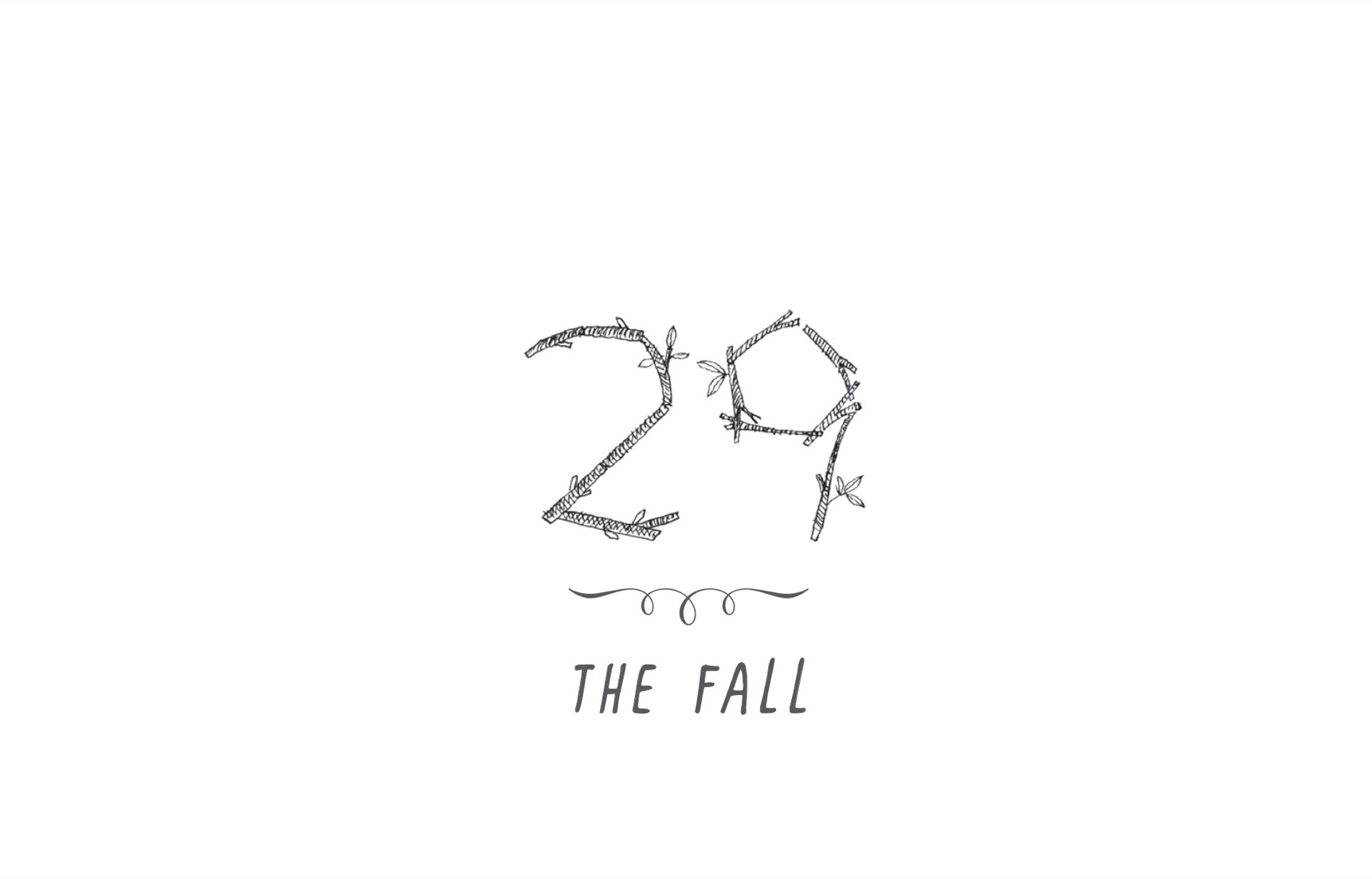
N
ashville heard the snap, followed by a rip, followed by the feeling of the wings slipping, falling from his body. The wings first broke along the main supportâa loud cracking sound like a bone. Next, the smaller pieces of wood all began to shatter, and this sounded more like branches being stepped on in the forest.
When the wings had broken in enough places, the leather material and feathers began folding and buck-ling like a collapsing umbrella. This meant that Nashville began to fall, hard and fast, the wind whipping against his face.
He was falling, but Nashville did not scream or cry. He knew he would hit the ground, that's how gravity works. But before that could occur, something very strange, and very lovely, appeared to him.
Now, it is worth noting all the things that did not appear. All the things he did not see or hear or recall as he fell.
Nashville did not see the light inside his egg, how dark it was, how the shadows danced, or the sound of his mother's voice singing.
Nashville did not see geese flying south for winter overhead, or catch a glimpse of their perfect V shape.
He did not recall Magnolia, the soft down of her stomach feathers, or how fast her heart beat when he held her.
Nor did he hear the sound of the countless people who had pointed and laughed at him over his ten short years.
He did not see the sky the color of spider tents, or feel the evening as cold as fish scales, or marvel at the sunset glowing like the inside of a ripe plum.
He did not recall his father teaching him to throw a punch, just in case.
He did not remember dusk. A meadow. Long grass, the first buzzes and hums of night insects all around him as he lay on the damp earth with Junebug by his side. He was not covered with vines that had grown so fast, twisting up, diving in and out of each buttonhole on his vest.
He did not see artichokes or blowfish or the purple sunset or the frill-necked lizard. He did not see spiderwebs or eclipses or a star-nosed mole. He saw absolutely no platypuses at all.
This is what he noticed:
As he fell, for one simple, splendid, golden moment, he felt nothing but gratitude; gratitude for his old soul and true heart, for his strange looks and strange beginnings, for all the things that made him Nashville. And the moment this feeling flowed through him, something inside him started to blossom. This great leap began to bring about a great change, and Nashville was finally ready to let it transform him.
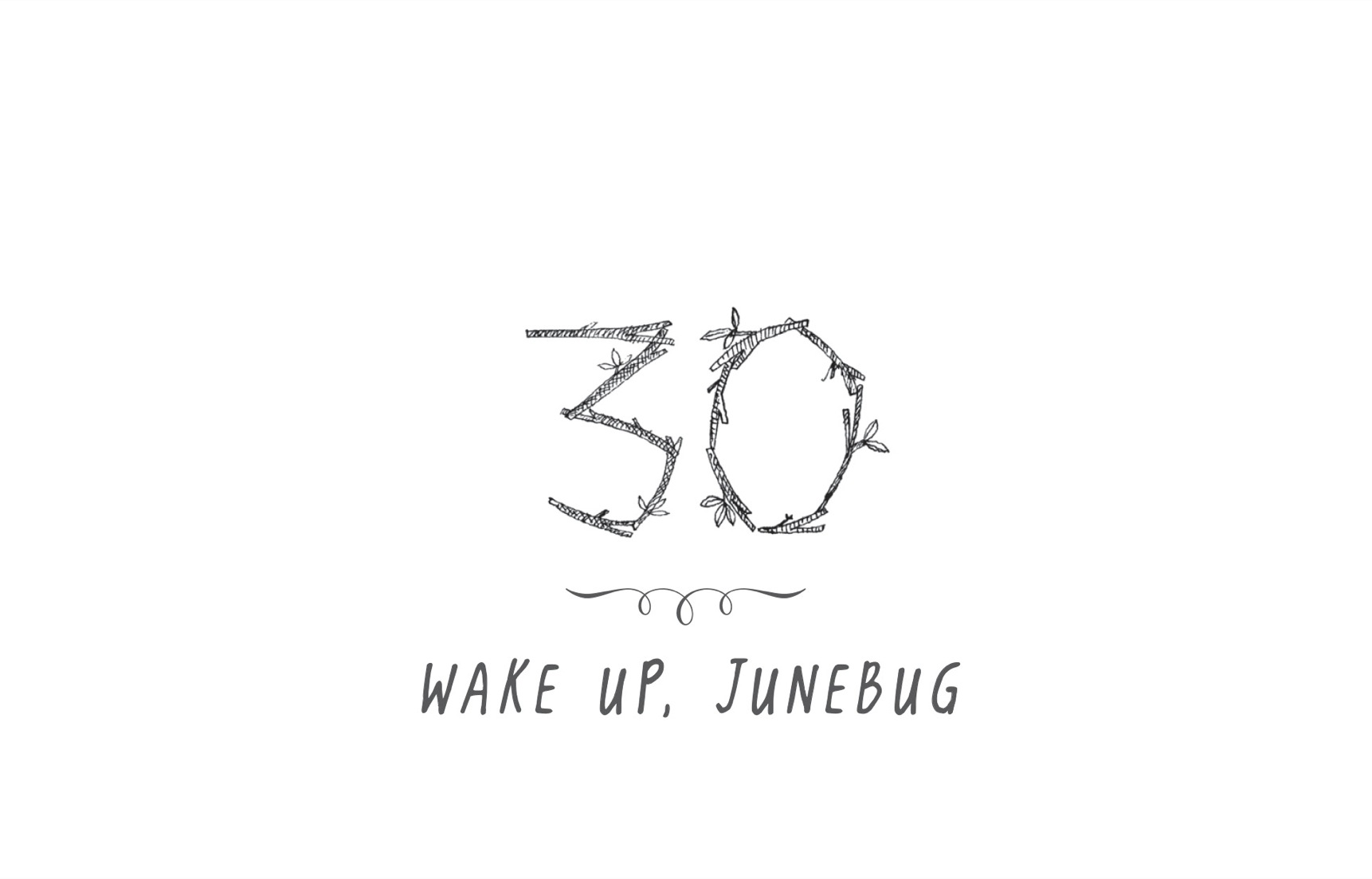
“J
unebug,” whispered Nashville. he stood over his sister in her bed, the night-light's glow beginning to blend into the dawn.
“Junebug, wake up,” Nashville said, shaking her small shoulder. Junebug stirred, and then opened her eyes. She looked up at her brother. There, in the first light, Junebug smiled at the sight of Nashville.
“You came back,” she said, slowly waking. She put her toes on the cold wood floor, and tiptoed around Nashville.
“The wings,” she said, walking around him. “They're different. Did you add feathers? Are they bigger? They're magnificent, Nashville, like angel wings,” gushed Junebug. “They're like nothing I've ever seen.”
Slowly, slowly, Nashville began flexing his shoulder muscles.
Slowly, slowly, the wings began to unfold. After a few moments, Nashville was able to extend them both fully.
“They're so beautiful,” said Junebug. She inspected them closely, looking at how each feather overlapped perfectly, colored white and brown and gold. “I . . . I just can't believe these are the same wings you built. They are, aren't they?”
Nashville just smiled, and looked to the corner of the room. Junebug followed his gaze into the shadows where something lay against the wallâlarge and slumped over, shrouded in darkness. Junebug crept closer, closer. Suddenly the truth swept in like the most wonderful breeze.
Junebug smiled.
And she cried.
There in the corner, broken apart and sad, were the remnants of the wings Nashville had built.
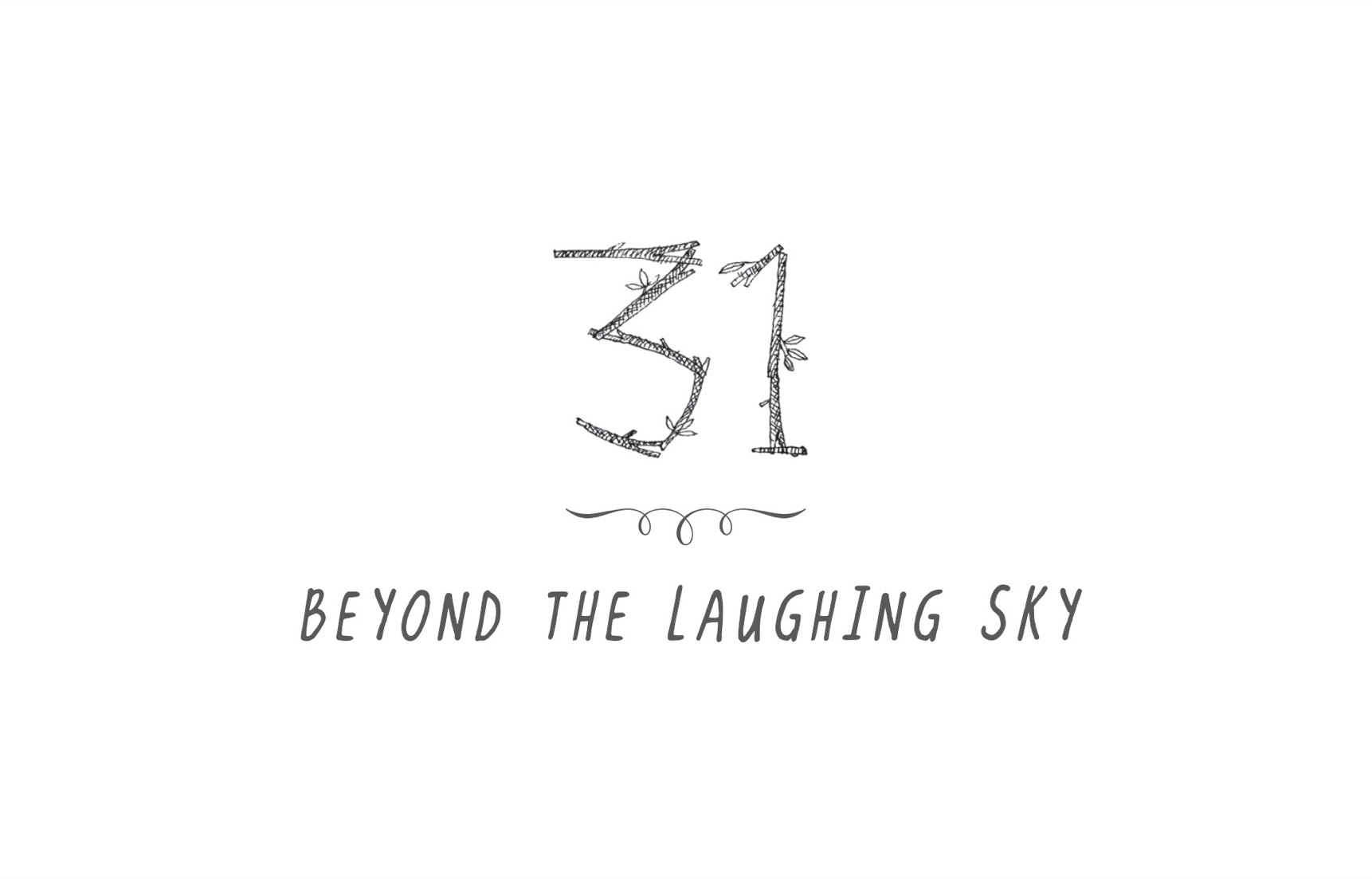
“T
hey're real,” whispered junebug. “But how?”
“I think . . .” Nashville said with a smile. “I think I had them all along.”
Then he took his sister's hand, and led her to the top floor of the house, to the edge of the dazzling, oversized window.
And there, like Peter and Wendy, they stepped out of the window, and up into the never-never land of the air. Junebug clung to her brother at first, but after a few moments she was so entranced by what she saw, she forgot to be afraid at all.
Nashville and Junebug looked below them, and felt the power of seeing a world so familiar from a new, more distant perspective. They flew over the fields where they had run together, and the streams where they had fished and caught frogs. They flew over games they had played, and songs they had sung, marshmallows they had roasted, and sand castles they had built and destroyed. They flew over stacks of books they had read together, and lightning bugs they had caught together; over piles of leaves, and piles of pancakes. They flew over memories of all the years, all the days that seemed so different, but so perfect, when seen from a distance.
Now, here they were flying through chimney smoke and rain-heavy clouds. They flew lower, skimming the tops of houses, and from this place, Nashville and Junebug were able to hear the singing of the trees.
The trees sang of all the things they protected from the coldâof the bluebirds bundled inside together for warmth, and of the hollow nooks where squirrels slept, dreaming, their minds a map of nuts hidden like buried treasure.
They sang songs that tasted of apple pie, of plums and peaches and lemonade grown on the trees. They sang of their grand outfits of moss and mushrooms growing wild. They sang of the rich, dark dirt where the worms and the moles tickled their roots.
They sang of all the trees to go before them and be made into homes and boats, their wood used to make chapels, and doors, and cradles.
But mostly, they sang of a fort in a tree where a boy and a girl would go on grand adventures; they sang of the children swinging, climbing, playing, and building crowns from their leaves. The trees sang softly and sweetly about their branches always being open to little birds. Nashville and Junebug knew the only way was to sing along, and so they joined in with the trees, floating all together for just a little while above the whole, dazzling world.
And what about that world? For Nashville and Junebug were not the only ones awake in Goosepimple.
“Mama. Mama, wake up!” It was a boy standing by his mother's bed.
His mother rubbed the sleep from her eyes, put on a robe, and followed her son. She looked out the window. She rubbed her eyes again.
“Well I never . . .” She ran to the hall, picked up the phone, and called across the street to Mrs. Craw, and Mrs. Craw looked out the window as well.
“Impossible!” cried Mrs. Craw. She picked up the phone and called Dr. Larkin. Dr. Larkin called Miss Starling. And so on and so on, until every woman in curlers and man in slippers were looking up at the sky to get a glimpse of Nashville and Junebug; to hear the faintest, distant, sweet sound of laughter in the sky.
“Impossible,” they all said, though the word didn't have quite the huff and puff that it used to.

T
he morning was the color of pale blue eggshells, the golden yolk of the sun rising in the east. Nashville and Junebug flew low to the ground, where they could hear the last cricket songs of dawn, where they could see their shadows fly along beneath them, the shadows of a boy and girl running along below them, playing and whispering to one another in the long grass. The air was coolâit whipped their hair back and reddened their cheeks. Nashville tried to press the moment into his memoryâtried to find a place he could keep it safe and take it out when he needed it, maybe in the cotton depths of a pocket, or the snap of a locket, or the bottom of a dark trunk. Couldn't he keep all this thereâthe closeness of clouds, the rooftops and trees like toys below, his sister by his side? He didn't know.
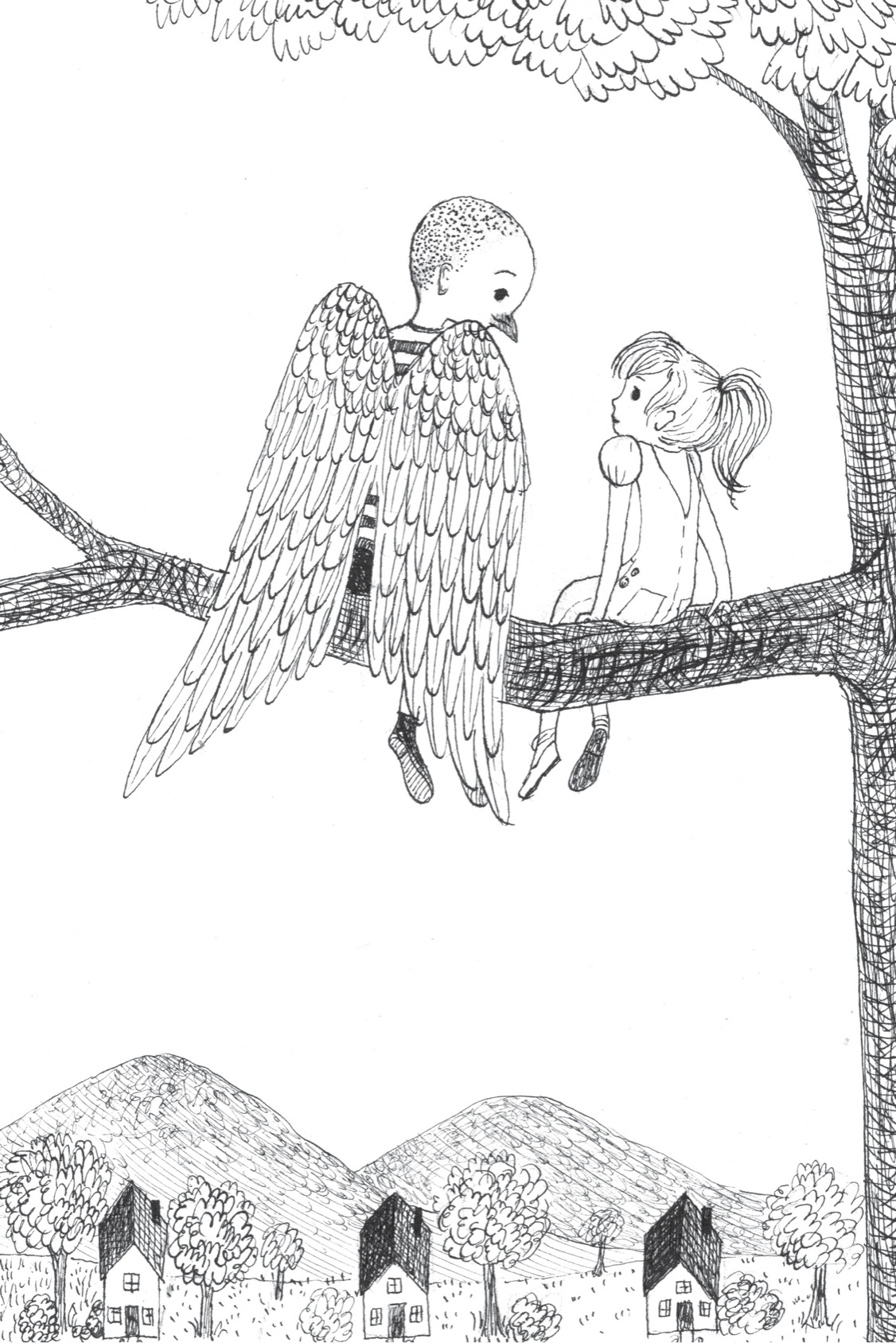
When they returned to the house, they sat on a branch and watched the sun finish rising.
“You could take me with you,” Junebug finally said.
“I can't do that,” Nashville replied sadly. “Not in a really real way, you know that. You need to stay here.”
Junebug thought about this for a moment. There'd be nobody to play with in the fort, and the maps they'd made would yellow and curl with age. Maybe eventually they would replace his nest with a bed or a cradle, the perches with sturdy, normal chairs.
One day, not long from then, Junebug would ask her father, “Where do you think he is now?” And so her parents would take out the globe, and point to a magical place far, far away. And they'd smile, and they'd imagine Nashville flying, soaring, gliding, and seeing the world over the pines. They'd imagine him free.
But for this last moment, her brother was still there. So Junebug tilted her head to the side as if to listen to the softest music.
“Hey,” she asked. “Do you hear that?”
Nashville listened as well. He listened with his whole self, and finally he did hear it. It was the song of a tree. But this one was differentâmore like it came from inside his own throat, for it was the pecan tree he'd lived in singing, and it was singing a song just for him.
“I do,” he smiled. “I do hear it.”
Nashville knew that it was time for him to fly away, but no matter where he went, there would always be this: a whisper, a hum, a lullaby. A song singing out over the pines; through the clouds, the lonely hours, and over the rooftops of the world. A song hatched from an egg. A song to sing him home.
